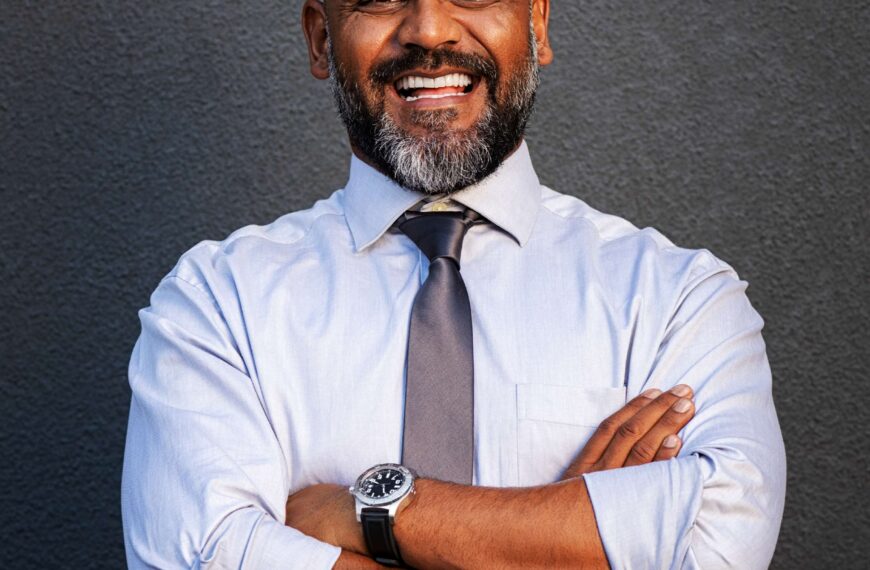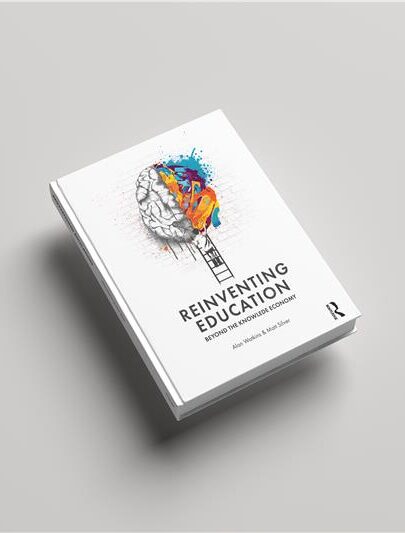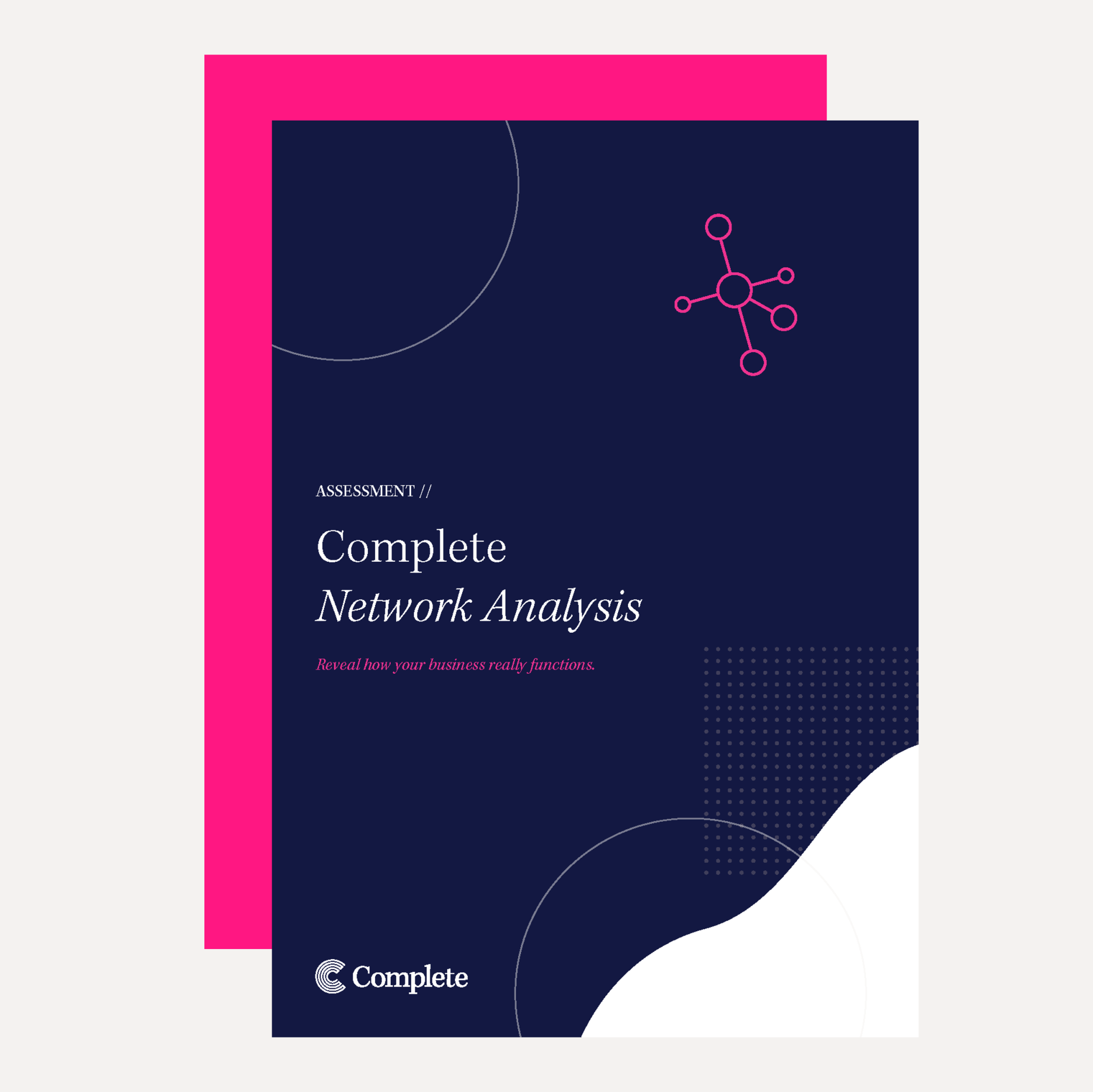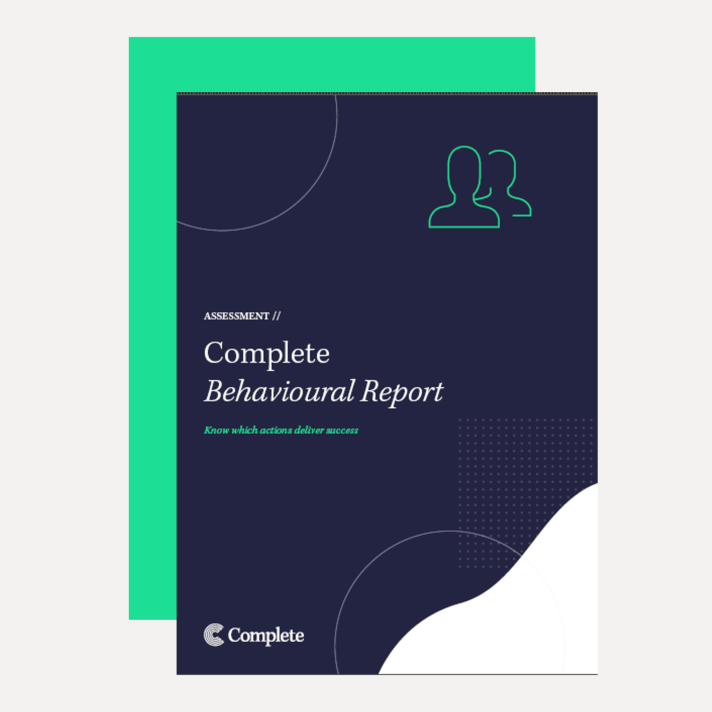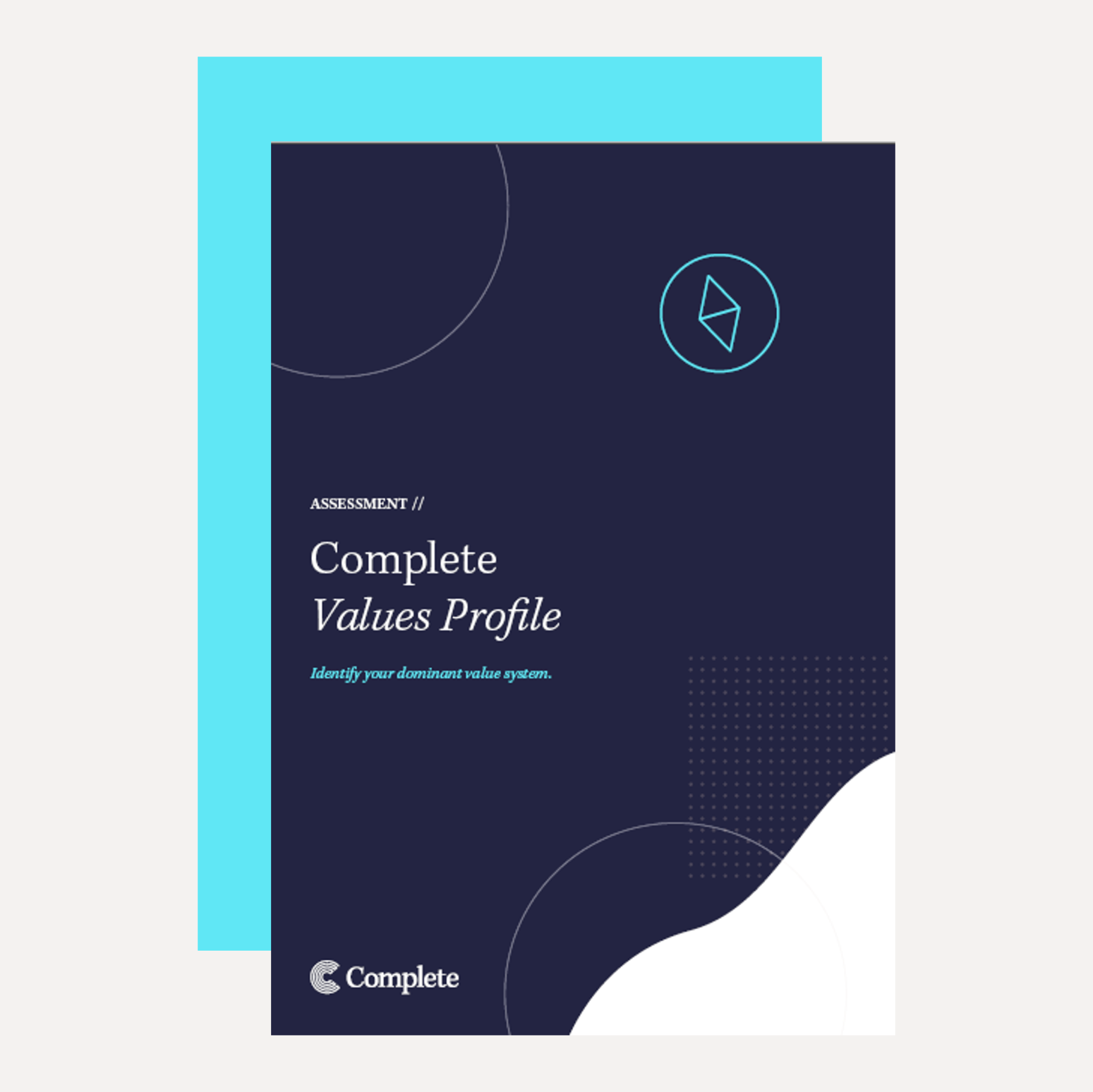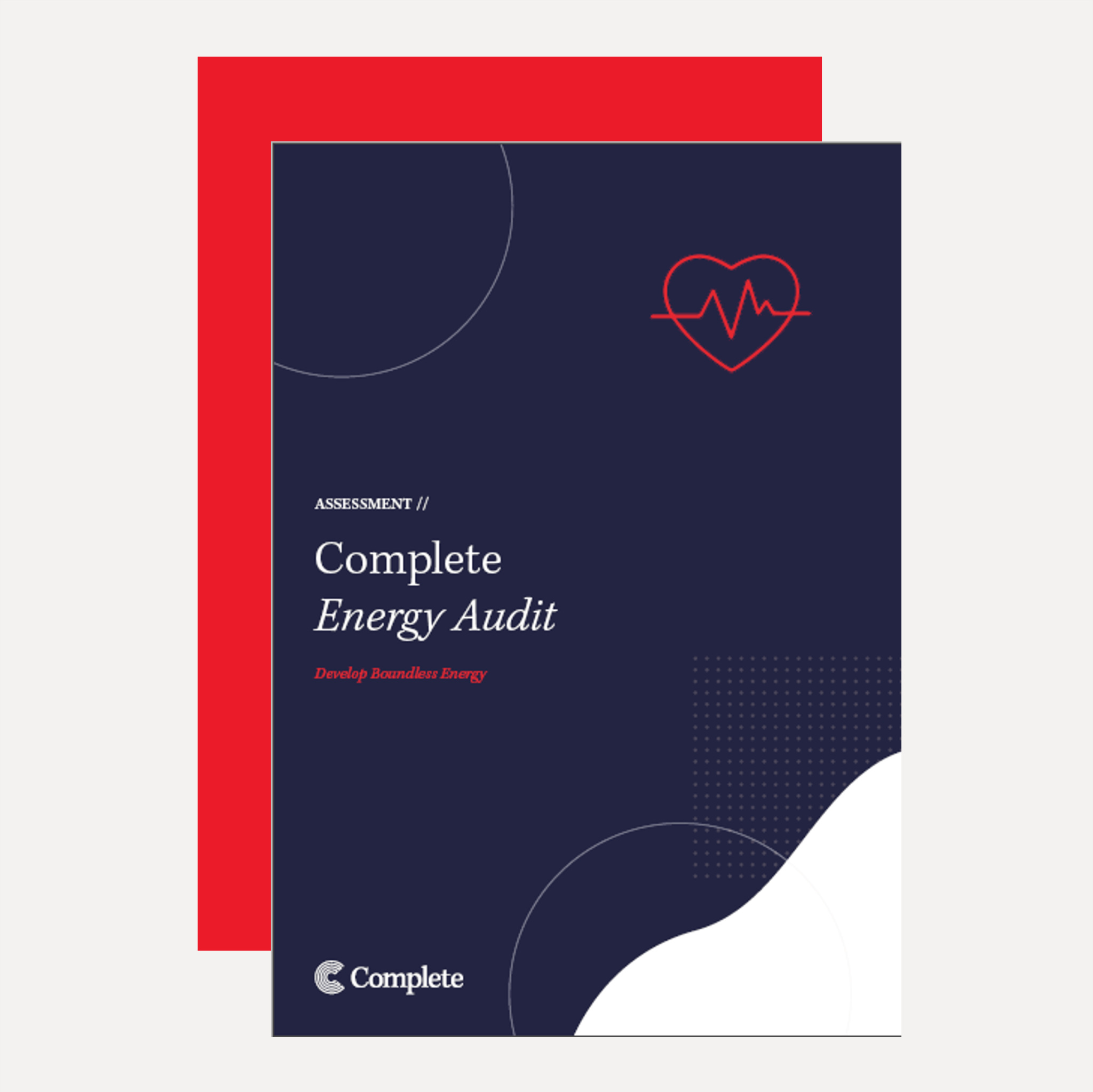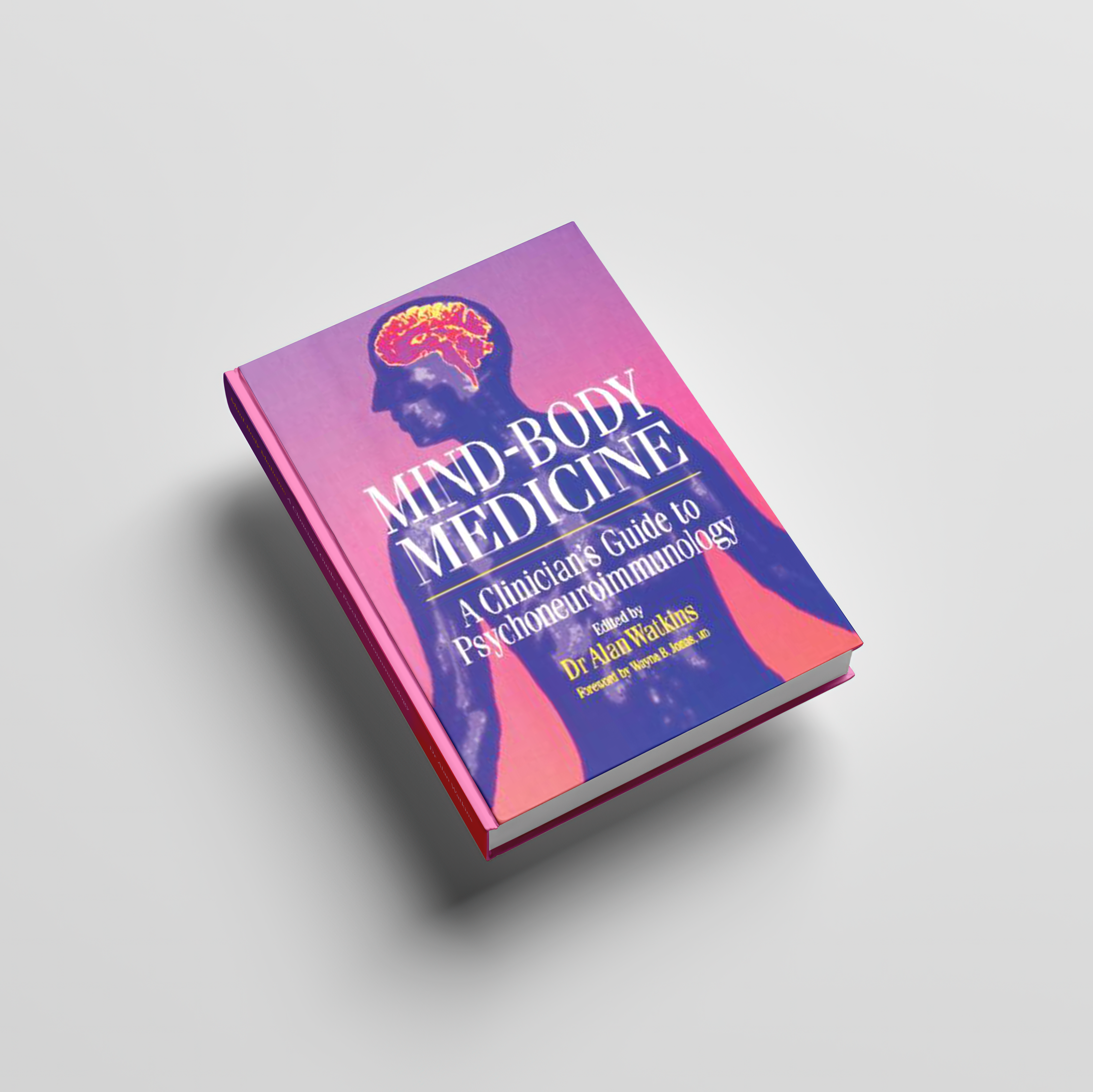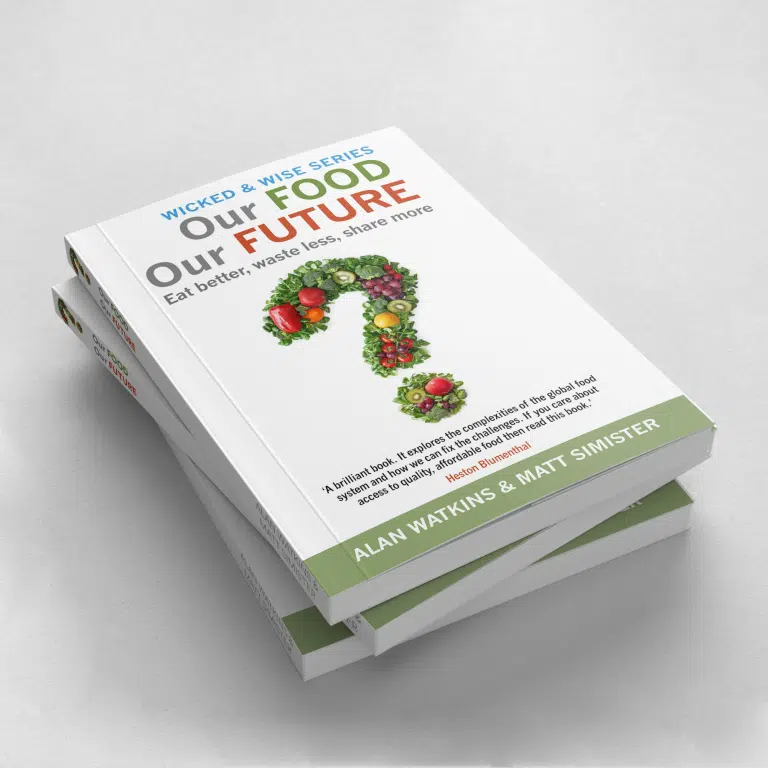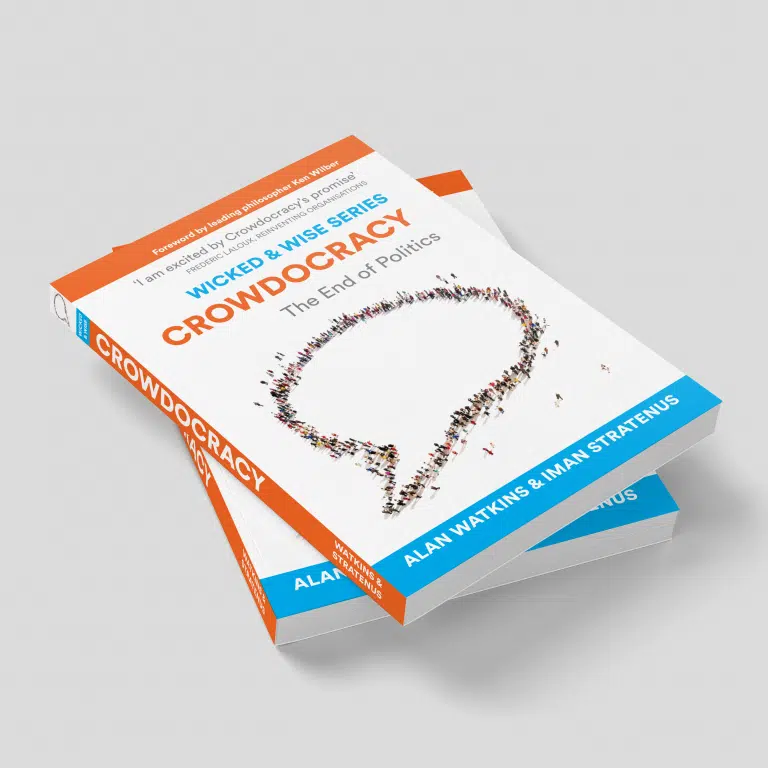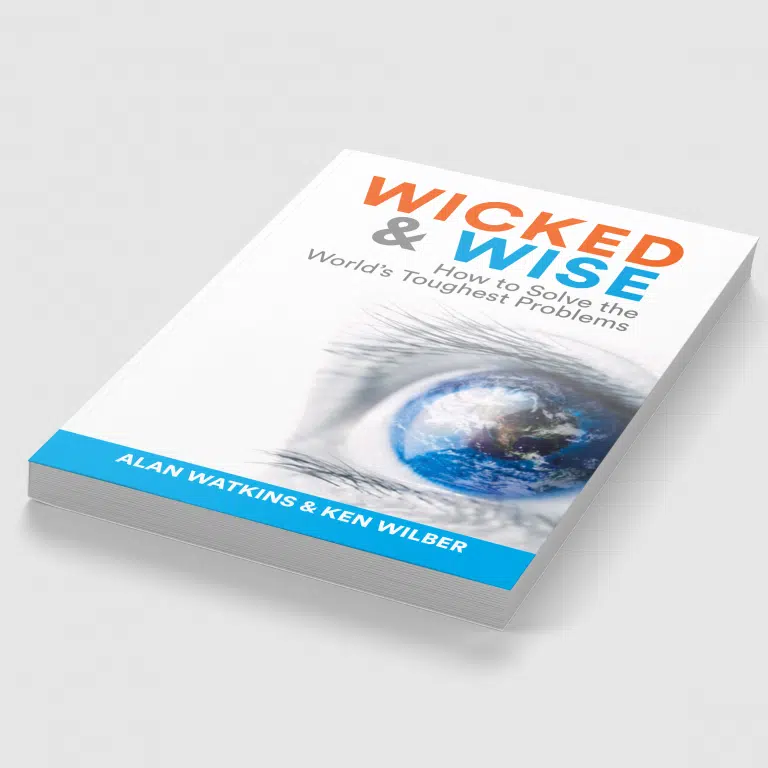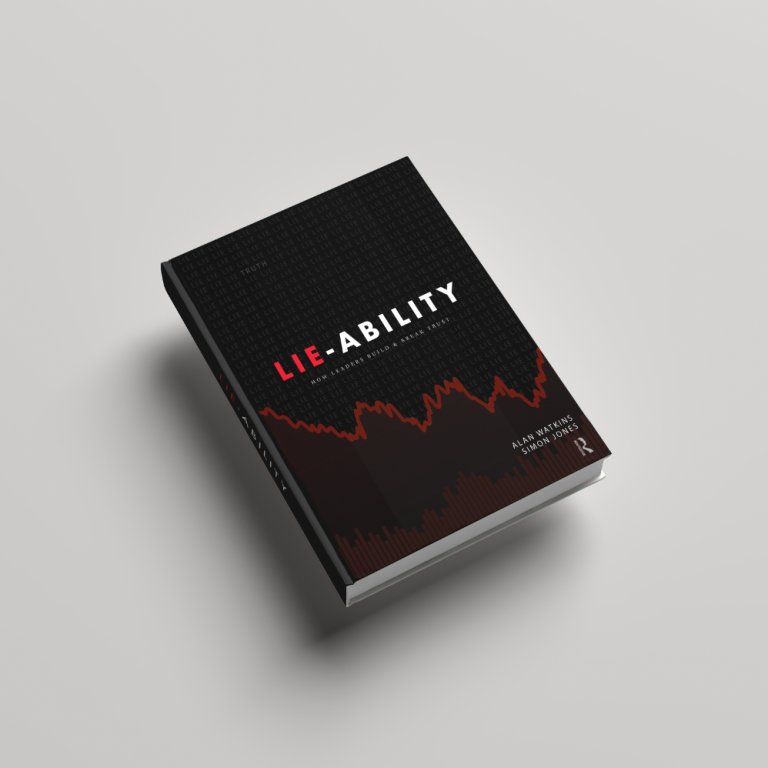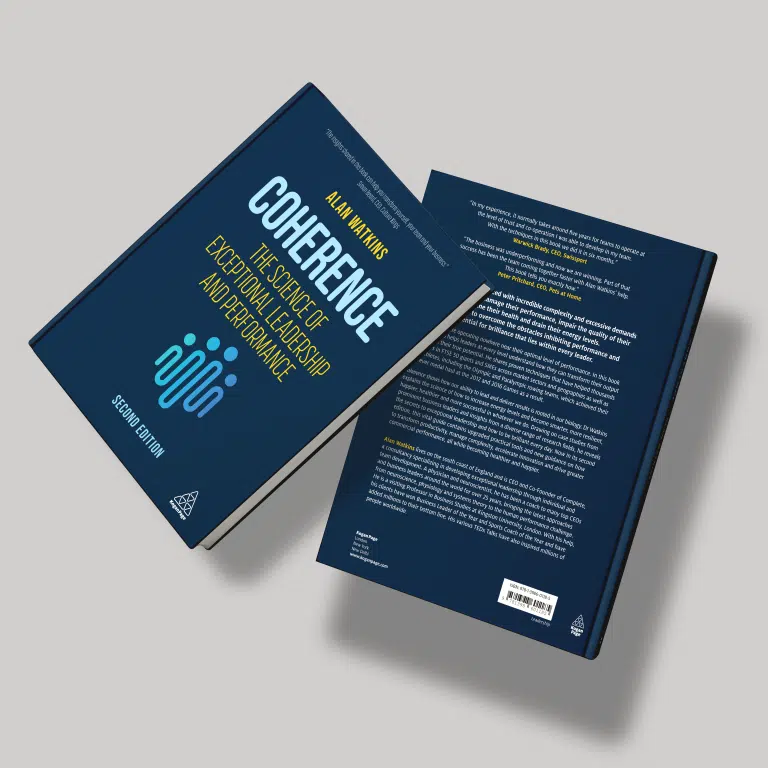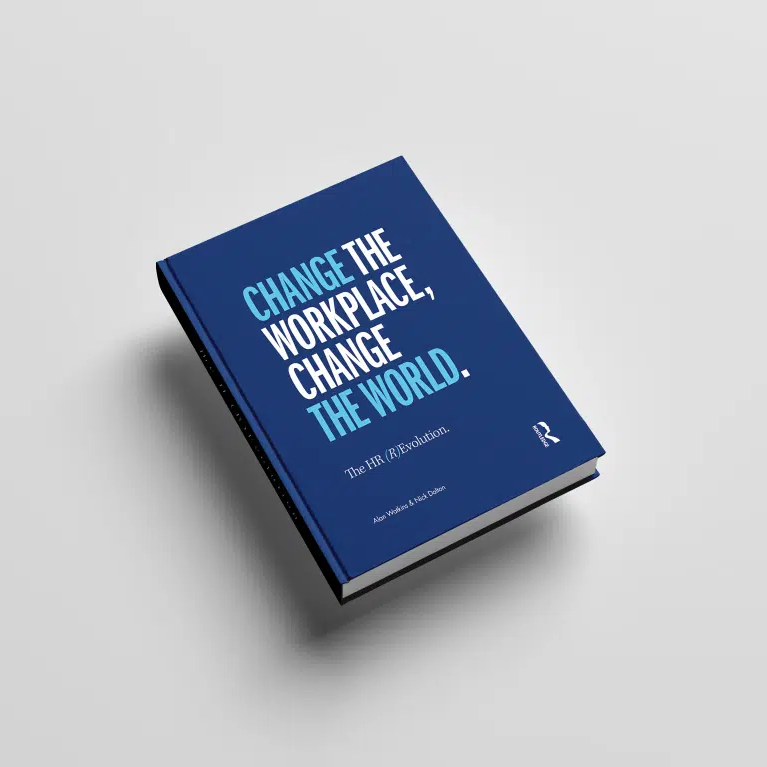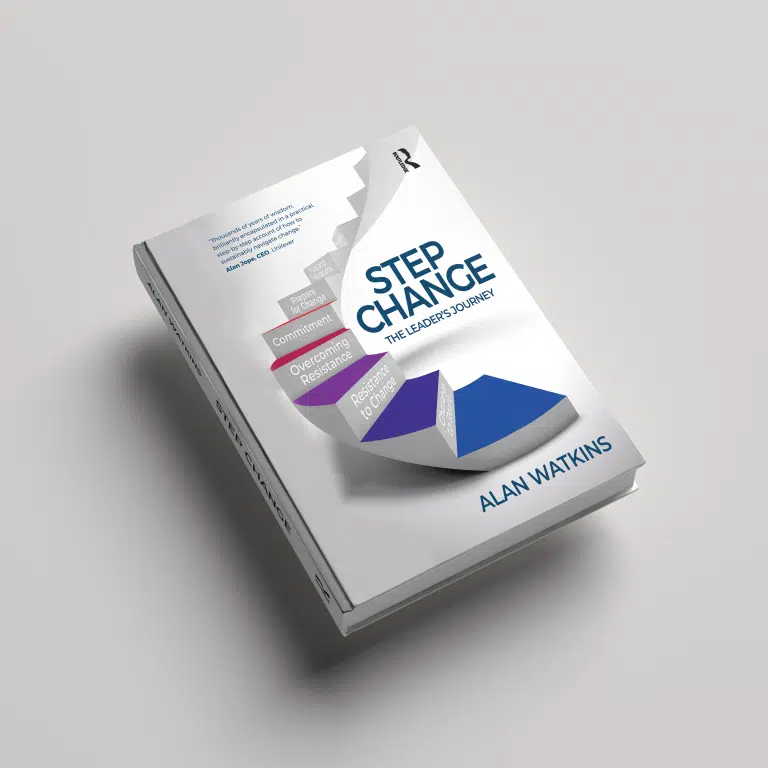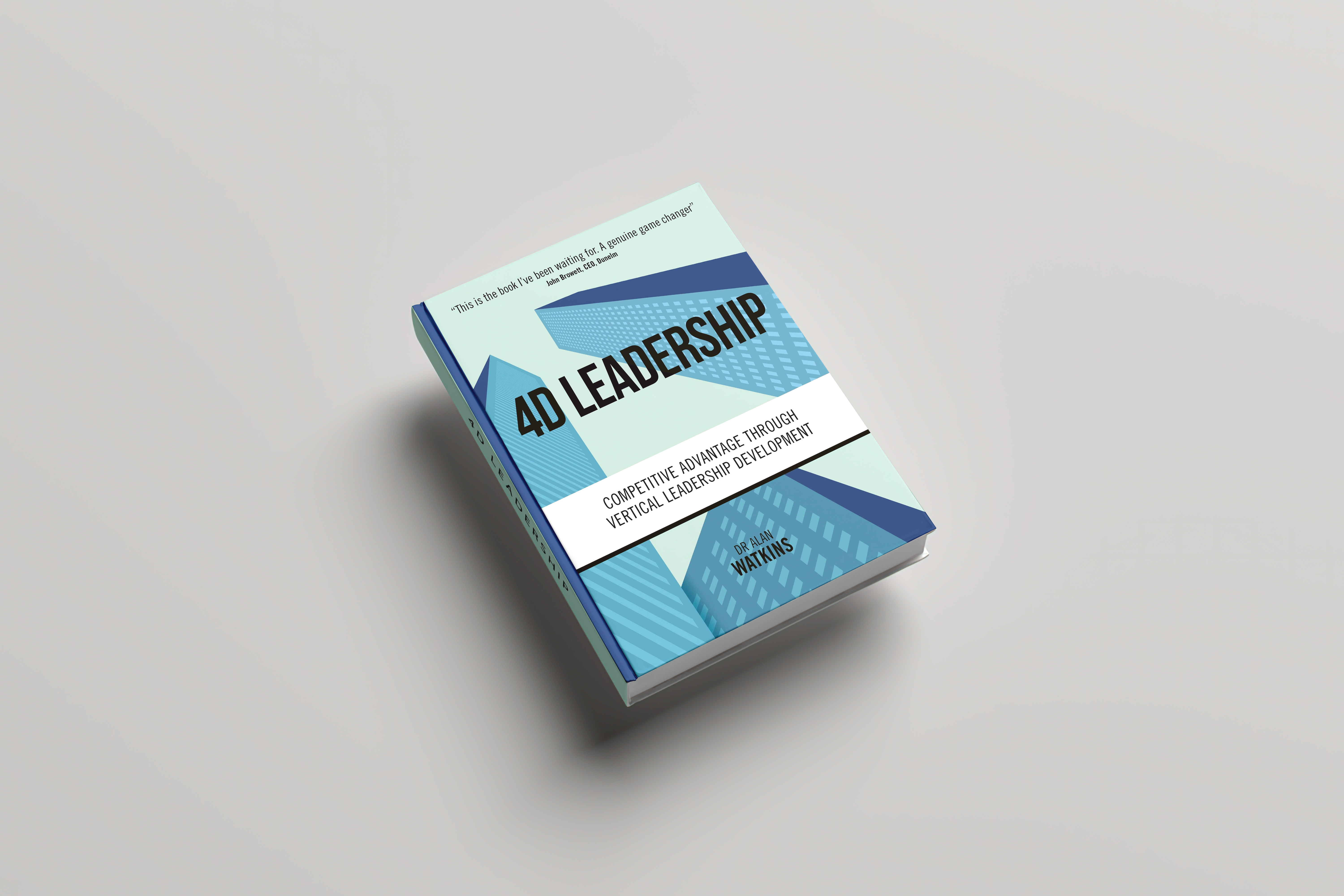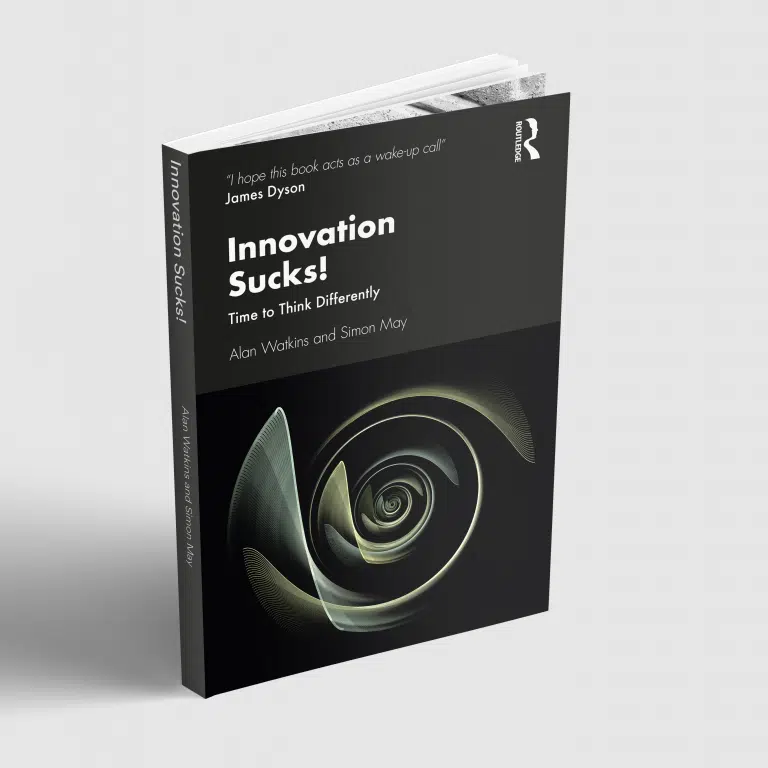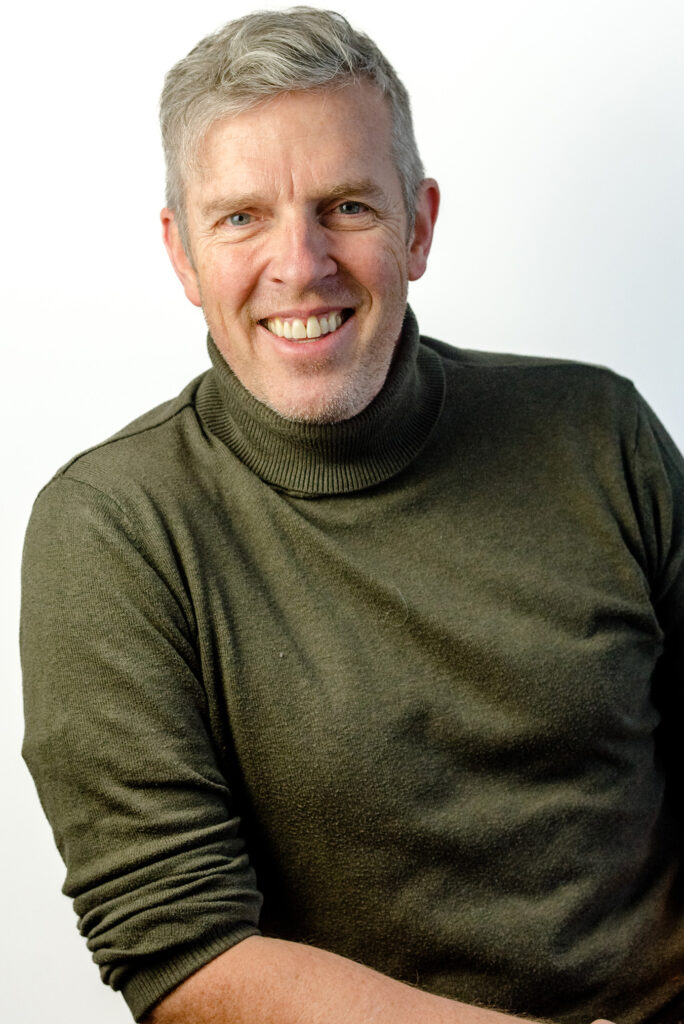If you ever happen to be visiting Johannesburg, South Africa, and find yourself struck by a sudden craving for candy floss and motion sickness, your best bet is Gold Reef City, an amusement park just south of town. Built on an old mine and styled as a late-19th century frontier settlement, the attraction promises you a sugar rush, an adrenaline rush, and a taste of the gold rush that spawned the surrounding metropolis locals today call ‘Jozi’.
Johannesburg and her history are literally built on gold. It’s the reason Joburg is the largest city in the world not located next to a river, lake or coastline. It’s why the city is Africa’s wealthiest and, 140 years on, still attracting people from all over the continent hoping for a fresh start. I was one of those people once: mid-twenties and a little bit lost. But soon after I arrived I found some gold of my own, in the form of a video at the Apartheid Museum, only slightly ironically situated across the road from Gold Reef City.
One of the displays in that exhibition was a recording of an interview with Nelson Mandela on the 31st of May 1961, while he was underground and on the run. The man in frame was so unlike the one I had come to know from afar over the 16 years since, as a 10-year old boy, I had sat in my lounge watching him walk out of Victor Verster prison, a free man after 27 years.
This Mandela was younger, of course, but also sharper-edged, intense, focused and bristling with a restrained fierceness. In him I saw power, and I understood why, 29 years later, so many people would be afraid of what that power would look like unleashed on an establishment that had condemned the man to life in a small bedless cell on a rocky island.
But instead of a revengeful firebrand, the Mandela that led South Africa from 1990 to his retirement from politics in 1999 was a model of vision, wisdom, and service of the global good. It wasn’t like young Mandela had disappeared – that force of power was fully visible in the CODESA talks in which he challenged and chastised the National Party government – nor was it a case of simply mellowing with age.
Comparing the two versions of the man, it seemed to me something had been transmuted during Mandela’s years in prison. I didn’t have the language for it at the time, but I had a visceral sense of transformation – something told me he had changed in a profound way. Looking back, he hadn’t just ‘woken up’ to a new appreciation of himself or his experience, he had also ‘grown up’ as a leader, developing greater sophistication of insight, understanding and capacity for deep systems thinking.
Growing up makes sense to most people when talking about children but it feels more alien when talking about adults. That’s partly because we are raised to believe that development mostly stops when we become adults – the term ‘growing up’ specifically describes the process of moving from childhood to adulthood, not beyond. But we now know that adults can continue developing across their lives, not just learning new skills but taking the same types of major steps in capacity and sophistication that kids take when going from age two to age 20. The only difference is adults need to do this more deliberately.
When we wake up, we begin to recognise that the world is more nuanced and complex than we previously imagined. And with that insight we have the opportunity to grow up. Growing up is like unlocking new levels on a computer game, and in those new levels we can comprehend things and do things that we couldn’t do before.
This is the essence of vertical development. Harvard psychologist, Robert Kegan, compares vertical development to filling a glass with water. When we learn new things – gain new skills, build knowledge – we fill the glass with water. But when we develop, we expand the size of the glass. Or, put another way, learning is like adding apps to your smartphone, giving you the ability to do more things. Vertical development is like upgrading the phone’s entire operating system, giving you the ability to do everything faster and at a higher level of sophistication.
When Mandela was in prison, he studied to earn his law degree (he learned) but this isn’t what shaped him into one of the most globally loved and respected leaders of the 20th century. That was development.
I’ve often tried to imagine how I would have felt if 27 years of my life had been taken away from me for fighting against clear and vivid injustice. I feel a lot of things, including anger – the type of white-hot anger that was so palpable from the revolutionary leader in the museum video I saw that day. And I assume that Mandela felt anger too, perhaps even after his release. But, by then he was able to translate that emotion (and others) into a powerful force for positive transformation. That was development.
If you’ve seen the film Invictus you’ll know that, in 1995, the fledgling South African democracy was barely a year old when we hosted the Rugby World Cup. It was a volatile time, rugby still being seen as an emblem of the nationalist culture that had fuelled apartheid. But Mandela saw the opportunity of uniting a nation, challenging traditional divisions, inspiring the Springboks to win the final, and donning the Number 6 jersey to walk on the field in support of the (almost all-white) national rugby team. With higher altitude than those around him, he could see what was needed to bring greater harmony and system balance to the country. That was development.
And for that I will always be truly grateful. Personal growth is available to us all but it is always a choice. We can either engage with the challenges of life and use them to evolve, or we can live at their mercy . Nelson Mandela was the embodiment of conscious change, a torchbearer for deliberate development, and driven by deep and sincere compassion. Many of the personal choices he made gave us all the permission to see possibilities for a different way of being. Without him South Africa may not have survived, and I may not have come to believe that enlightened leadership can change the world. Ndiyabulela Tata Madiba. And happy birthday.





